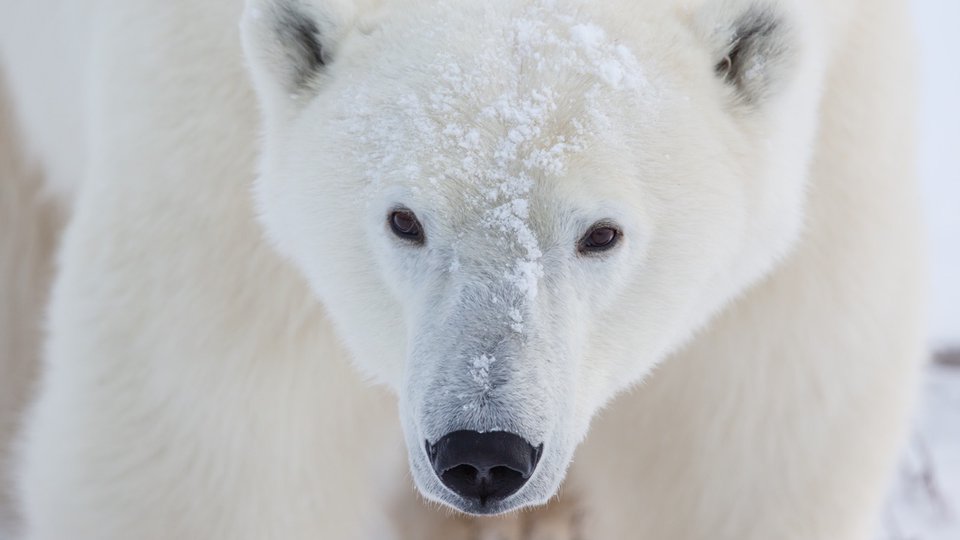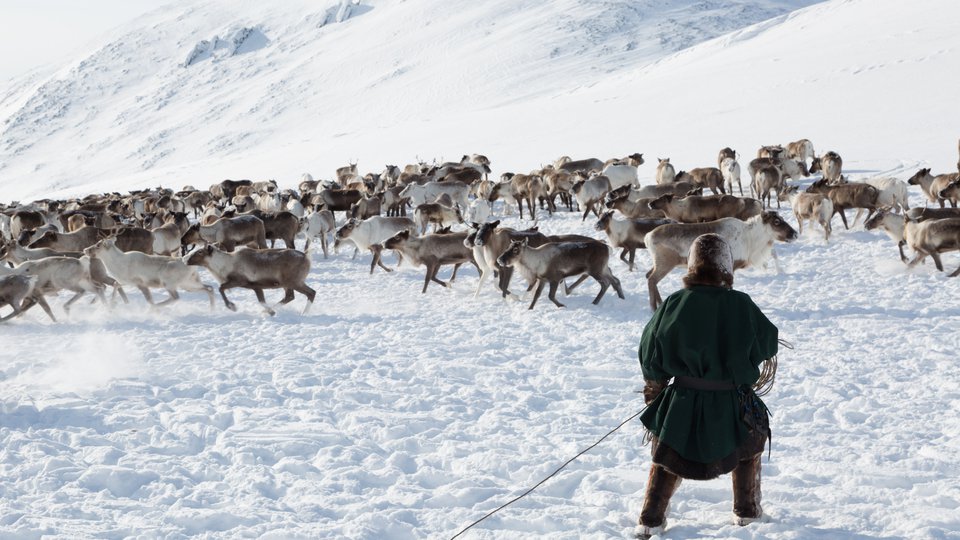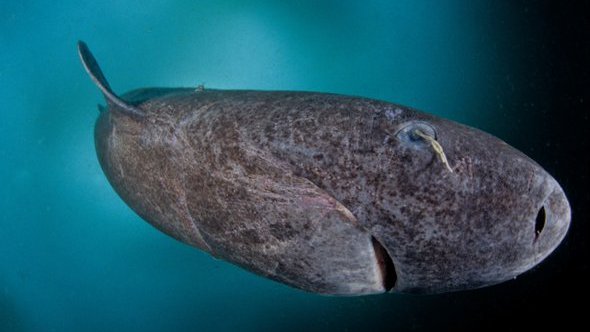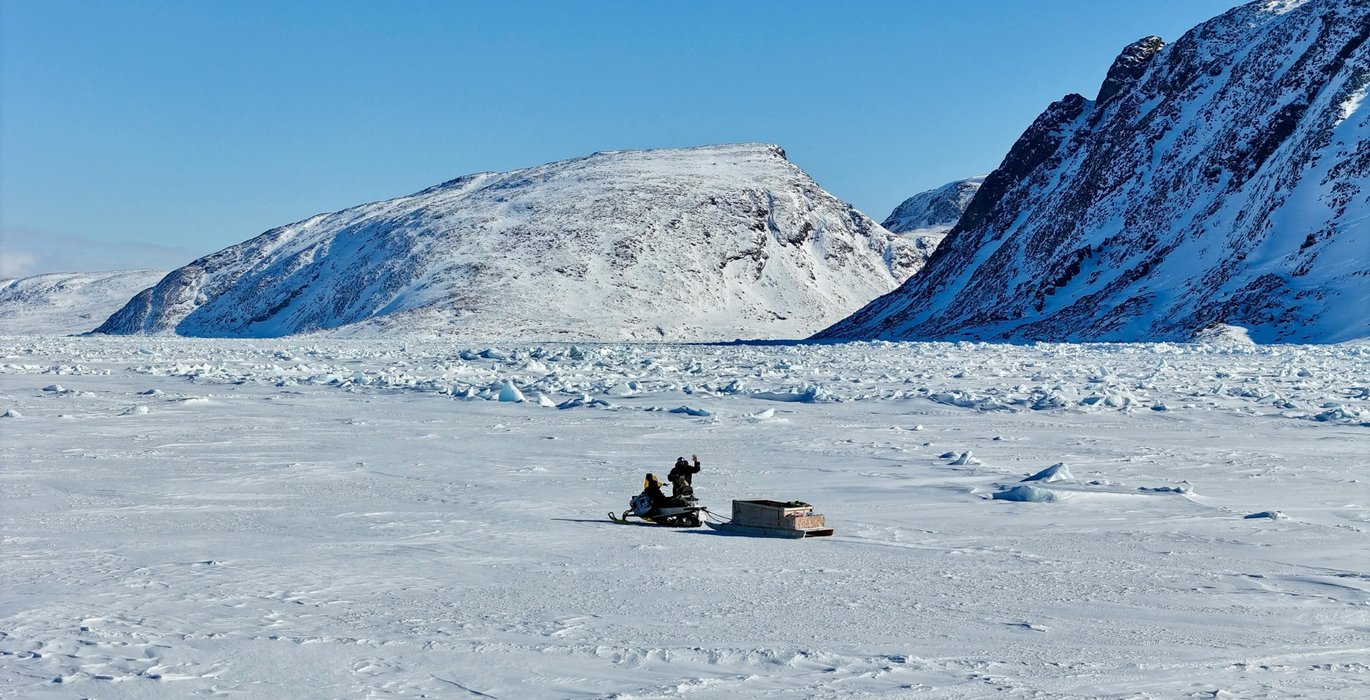
September 25, 2025
In a major step toward improving safety in Canada’s Arctic regions, the federal government has awarded $1.36 million to a St. Francis Xavier (StFX) University project aimed at closing critical gaps in Arctic ground search and rescue.
The project, Closing the Gaps: Addressing Critical Challenges in Arctic Ground Search and Rescue (GSAR), aims to develop practical, community-led solutions to enhance emergency response in the North.
“Every part of this project is designed for the North, with the North.”
Funded through Public Safety Canada's Search and Rescue New Initiatives Fund (SAR NIF), the project which began in November 2024, is scheduled to run for three years. It brings together academic researchers, Inuit community responders, northern governments, and other SAR stakeholders to co-develop systems and tools that are culturally relevant, operationally practical, and designed specifically for Arctic conditions.
“I believe it was introduced by the federal government in 1988. It works through Public Safety Canada. And it funds projects to improve search and rescue in Canada,” explained MP Anthony Housefather, speaking about the SAR NIF program.
While GSAR challenges exist nationwide, the Arctic presents a distinct and often more dangerous environment. Operations are hampered by extreme weather, poor connectivity, vast distances and limited resources. In many northern communities, responders operate without consistent access to formal training, communication tools or reliable transportation.
Yet it’s not just the physical environment that makes Arctic GSAR so complex—it’s also the human element.
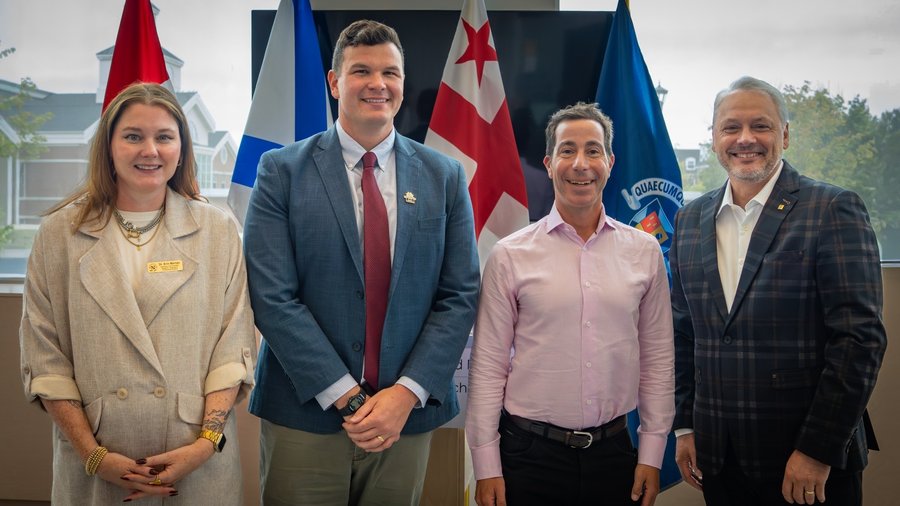
L-r, are Dr. Erin Morton, StFX Associate Vice President Research, Graduate and Professional Studies; Dr. Peter Kikkert; Anthony Housefather, Parliamentary Secretary to the Minister of Emergency Management and Community Resilience; and StFX President Dr. Andy Hakin. (Credit: St. Francis Xavier University)
In small, close-knit communities across Nunavut, Nunavik, and other northern regions, searchers are often looking for someone they know personally. This adds an immense emotional burden to already difficult missions.
“There are incidental stress challenges based not only on the topography but the fact that when they're searching, they often know the person they're searching for,” said Housefather.
For responders who are unpaid volunteers, this emotional pressure can be compounded by a lack of mental health support, stress training or even time to debrief after a mission. This project recognizes the mental health and wellness among Inuit responders as a key area for support and innovation.
This isn’t the first time StFX University has worked closely with Inuit GSAR responders. Over the past several years, Dr. Peter Kikkert, a professor of Public Policy and Governance at StFX and Research Fellow at the Mulroney Institute of Government at StFX, and his research team have facilitated search and rescue roundtables in communities across Nunavut and Nunavik. These gatherings—often one of the only opportunities for local responders to meet face-to-face—have surfaced a wealth of knowledge, experience, and concerns.
Many of StFX’s project objectives were born from these sessions, including improving governance and coordination across jurisdictions, developing standard operating procedures tailored to Arctic realities, creating culturally and linguistically appropriate training materials, strengthening mental wellness support, and exploring and testing new technologies for remote search and rescue.

Dr. Peter Kikkert, professor of Public Policy and Governance at StFX and Research Fellow at the Mulroney Institute of Government at StFX. (Credit: St. Francis Xavier University)
Kikkert stresses that these aren’t solutions being parachuted in. They’re being co-developed with and for the communities who will use them.
“We talk a lot about the ability to operate at the speed of trust and the ability to operate at the speed of empathy," said Kikkert. “That comes through face-to-face meetings and to kind of more formalized structures to enhance those partnerships.”
He added that most of the funding is allocated to making these roundtables happen: travel, accommodation, per diems and honoraria for local participants.
As climate change disrupts traditional travel routes across sea ice and tundra, creating increasingly unpredictable conditions and as food insecurity pushes residents to travel in poor weather or without adequate equipment, the need for more robust GSAR systems in the Arctic is growing.
“That's along with a lot of other issues, like perhaps people not going out with everything they should have while they're on the land,” he said.
Emergency calls from outside the community are also on the rise. Increased “last chance tourism,” where travellers are eager to see Arctic glaciers and sea ice before they disappear, is drawing more outsiders into remote and dangerous terrain. At the same time, due to rising scientific interest in the Arctic, more researchers are entering the field, often in areas far from local support networks.
Kikkert added that when incidents occur, “the capacity to go out and get them is very limited in the north.”
According to the research team, Nunavut had about 15 times more SAR incidents per capita than British Columbia in 2022—B.C. is considered one of the busiest SAR jurisdictions in Canada.
